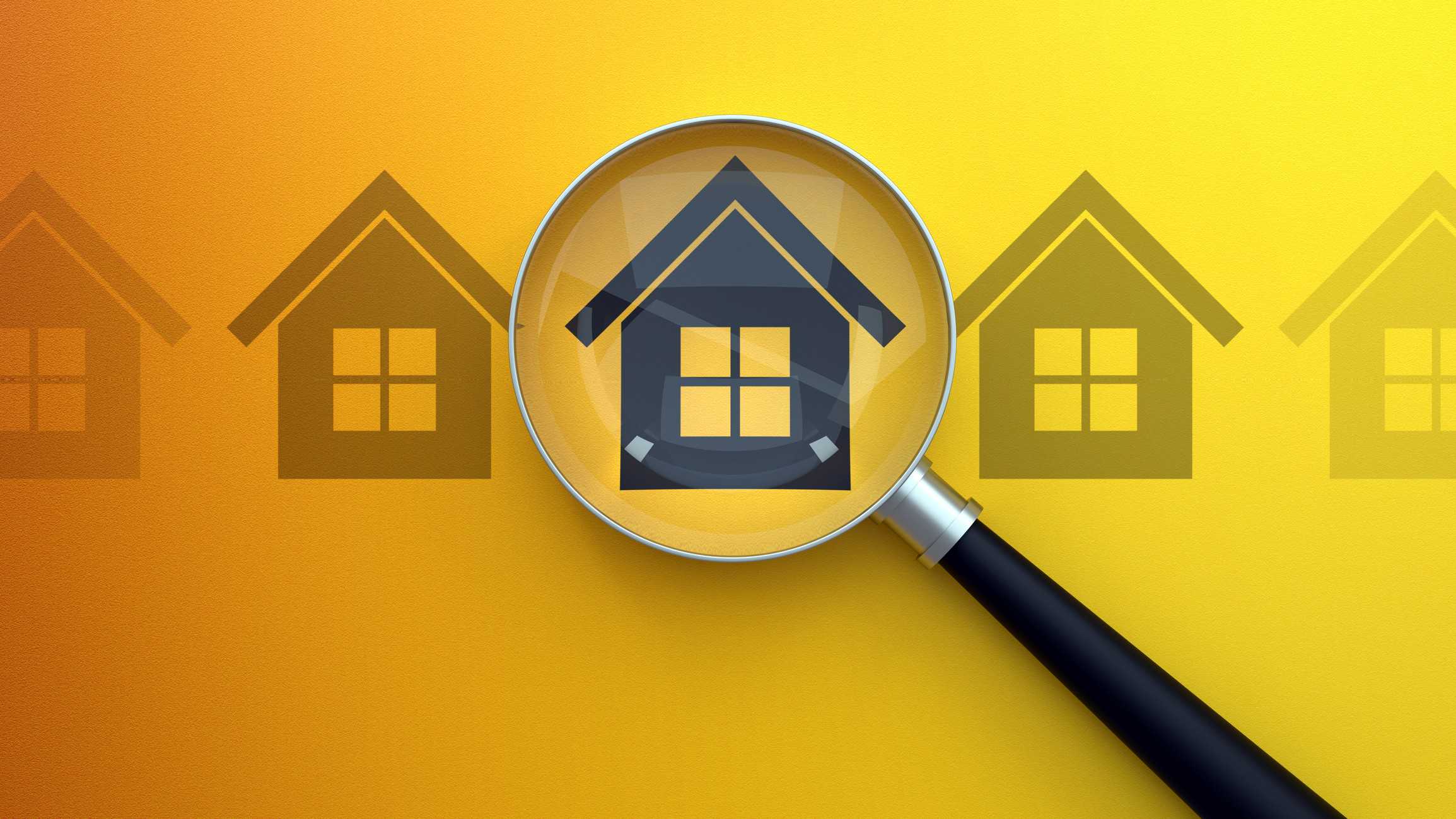
For decades, Australians were taught that wealth begins with property. Yet with house prices stretching further away from incomes and deposits taking longer to save, this traditional path has become harder to start.
But that hasn’t stopped Australians from building wealth â they’re simply building it differently.
A Finder Wealth Building Report from late 2024 revealed that around 7.7 million Australians invest in ASX-listed businesses, roughly one in three adults.
This isn’t a new trend â it’s a growing one. And it shows that property is no longer the only game in town.
Why property is no longer the automatic starting line
Australia’s love of property hasn’t disappeared, but affordability challenges might force a rethink.
Younger investors â and increasingly, older ones too â are recognising that building wealth can begin long before a home purchase becomes realistic. Investing in businesses offers several advantages that property can’t match:
You can start small.
Investing in businesses via the share market today can start with as little as hundreds of dollars, not hundreds of thousands.
You remain flexible.
If circumstances change, you can adjust your portfolio or access cash easily â not wait months and incur tens of thousands in costs.
You diversify from day one.
Property ties you to a single asset in one suburb. A portfolio can span dozens of industries and global trends.
No leverage required.
Property often starts with a large mortgage. Share market investing doesn’t require debt at all.
These advantages aren’t abstract. They’re increasingly essential in a world where housing is demanding more from household budgets than ever before.
A growth engine working behind the scenes
The long-term performance of listed businesses has been one of Australia’s strongest and most reliable wealth engines. Successful companies reinvest earnings, expand markets, grow revenues, and adapt to changing economic conditions. That built-in compounding is a major reason the sharemarket has historically delivered competitive long-term returns.
And unlike property, where financial outcomes depend on a single location and a single cycle, a portfolio of businesses can capture growth from across the economy. Technology, healthcare, retail, infrastructure, resources, and financials each rise and fall at different times. The breadth allows investors to benefit from global growth, not just the fortunes of their local postcode.
High-quality companies have been long-term compounds, such as ARB Corporation Ltd (ASX: ARB), Technology One Ltd (ASX: TNE), and Nick Scali Limited (ASX: NCK), while diversified ETFs like the iShares S&P 500 ETF (ASX: IVV) and the Vanguard Australian Shares Index ETF (ASX: VAS), offer exposure to sectors that have compounded value year after year.
Equity markets have quietly outperformed property
The Finder report highlighted a critical insight:
The largest companies in Australia, the US and globally have outpaced Australian house price growth over the past decade.
This doesn’t mean property is a poor investment. It simply means the idea that “property always wins” is outdated. Business ownership has delivered exceptional returns for Australians who started early and stayed consistent.
Property concentration is widening inequality
Another insight from the report is that Australia’s heavy reliance on property has contributed to widening wealth inequality:
- 16% of high-income households own multiple properties
- Only 6% of middle-income households do
- Just 5% of Gen Z own more than one property
And when property is stripped out, average household net wealth drops dramatically â from $573,252 to $196,778.
This illustrates the increasing concentration of Australian wealth and why diversifying through business ownership is no longer optional for many.
A Foolish path to long-term wealth
None of this diminishes the role of property. But it does highlight a shift to the common local narrative: wealth does not have to begin with real estate.
Investing in businesses provides Australians with a practical and flexible path to grow their capital, build financial security, and create options â even as property becomes increasingly difficult to enter.Â
The post Australian property is expensive. Here’s how investors are growing wealth elsewhere appeared first on The Motley Fool Australia.
Should you invest $1,000 in iShares S&P 500 ETF right now?
Before you buy iShares S&P 500 ETF shares, consider this:
Motley Fool investing expert Scott Phillips just revealed what he believes are the 5 best stocks for investors to buy right now… and iShares S&P 500 ETF wasn’t one of them.
The online investing service he’s run for over a decade, Motley Fool Share Advisor, has provided thousands of paying members with stock picks that have doubled, tripled or even more.*
And right now, Scott thinks there are 5 stocks that may be better buys…
* Returns as of 18 November 2025
.custom-cta-button p {
margin-bottom: 0 !important;
}
More reading
- Why Meeka, Nufarm, SKS, and TechnologyOne shares are storming higher
- 1 of my favourite ASX shares just fell 17% in a day â and I’m buying more
- 3 of the best Australian stocks to buy after the market selloff
- Should you buy TechnologyOne shares after they crashed 17%?
- Top brokers name 3 ASX shares to buy today
Motley Fool contributor Leigh Gant has no position in any of the stocks mentioned. The Motley Fool Australia’s parent company Motley Fool Holdings Inc. has positions in and has recommended ARB Corporation, Technology One, and iShares S&P 500 ETF. The Motley Fool Australia has recommended ARB Corporation, Nick Scali, Technology One, and iShares S&P 500 ETF. The Motley Fool has a disclosure policy. This article contains general investment advice only (under AFSL 400691). Authorised by Scott Phillips.
Leave a Reply